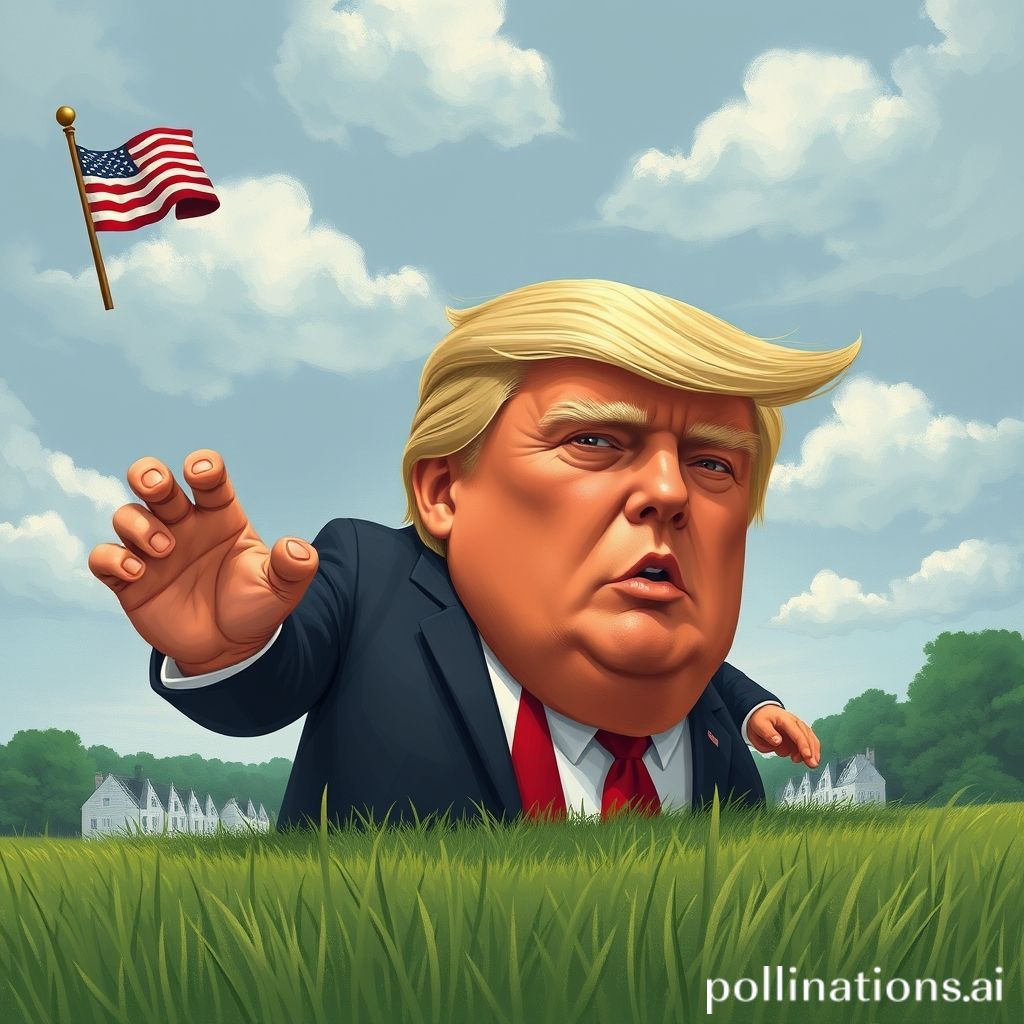
Trump shrugs off July tariff deadline: 'We can do whatever we want'
Trump Shrugs Off July Tariff Deadline We Can Do Whatever We Want
Hey everyone, welcome back to the blog. Today we're diving into a rather bold statement made by former President Trump regarding potential tariffs. It's a situation that could significantly impact global trade and the American economy, so let's get right to it.
The Headline Making Comment
Recently Trump made waves by essentially dismissing a potential July deadline related to tariffs. His exact words We can do whatever we want, really underscored a perspective on trade policy that prioritizes flexibility and leverage, even if it means potentially disrupting established agreements. This statement, though brief, carries considerable weight and raises several important questions about the future of trade relations under a potential second Trump administration.
What's This July Deadline Anyway
The July deadline likely refers to potential actions tied to existing trade agreements or ongoing negotiations. Specifically the United States Mexico Canada Agreement USMCA has clauses that could trigger reviews or adjustments around this time. Other deadlines might be related to World Trade Organization WTO disputes or specific tariff arrangements with countries like China. Regardless the ambiguity surrounding the specific deadline is part of the Trump strategy. He often uses uncertainty as a bargaining tool, keeping trading partners guessing about potential policy changes.
Decoding the Strategy
Trump's trade strategy has always been characterized by a willingness to challenge established norms. He views tariffs not just as economic tools but as powerful negotiating levers. The idea is to pressure other countries into making concessions favorable to the United States. This approach has yielded some successes, like revisions to NAFTA resulting in USMCA, but it has also led to trade wars and strained relationships with key allies. The we can do whatever we want statement is a continuation of this philosophy, signaling a readiness to act unilaterally even if it means deviating from established agreements or international norms.
Potential Impacts on the Economy
Such a stance on tariffs could have wide ranging effects on the American economy. On the one hand tariffs could protect domestic industries from foreign competition potentially creating jobs and boosting manufacturing. However they also increase the cost of imported goods which can lead to higher prices for consumers and reduced competitiveness for American businesses that rely on imported materials. There's also the risk of retaliatory tariffs from other countries which could harm American exports and further disrupt global supply chains.
Comparing Trade Approaches A Quick Look
To better understand the potential implications let's compare Trump's approach to more conventional trade strategies.
Approach Key Features Potential Benefits Potential Drawbacks
Trump's Approach Unilateral tariffs, aggressive negotiation, prioritization of domestic interests. Potential for quick concessions, protection of domestic industries. Trade wars, strained international relations, increased consumer prices.
Conventional Approach Multilateral agreements, rules based trade, focus on global cooperation. Stability, predictability, reduced trade barriers. Slower negotiation process, potential for compromises that don't fully satisfy domestic interests.
A Look at Specific Sectors
Different sectors of the American economy would be affected differently. Industries that rely heavily on imports like electronics and automobiles would likely face higher costs. Conversely sectors that compete with foreign producers like steel and agriculture might benefit from tariff protection. The overall impact would depend on the scale and scope of the tariffs as well as the response from other countries.
Geopolitical Considerations
Beyond the economic implications Trump's stance on tariffs also has important geopolitical dimensions. It signals a willingness to challenge the existing world order potentially undermining international institutions like the WTO. This could lead to greater uncertainty and instability in global trade relations. On the other hand it could also force other countries to reevaluate their trade practices and negotiate more favorable terms with the United States.
The Bigger Picture
Trump's we can do whatever we want declaration is more than just a soundbite. It reflects a fundamental approach to trade policy that prioritizes unilateral action and leverage over multilateral cooperation. While this approach may yield short term gains it also carries significant risks for the American economy and global trade relations.
My Take
Personally I find this kind of brash statement unsettling. While I understand the need for a strong negotiating stance the idea of disregarding established agreements and international norms seems shortsighted. Trade is a complex web and unilateral actions can have unintended consequences. It's a delicate balance between protecting domestic interests and fostering stable international relations and I'm not convinced that we can do whatever we want is the right approach.
It's a complex situation with no easy answers and it's something we'll all need to watch closely as the political landscape continues to evolve. Thanks for joining me today. Let me know your thoughts in the comments below.
Comments
Post a Comment